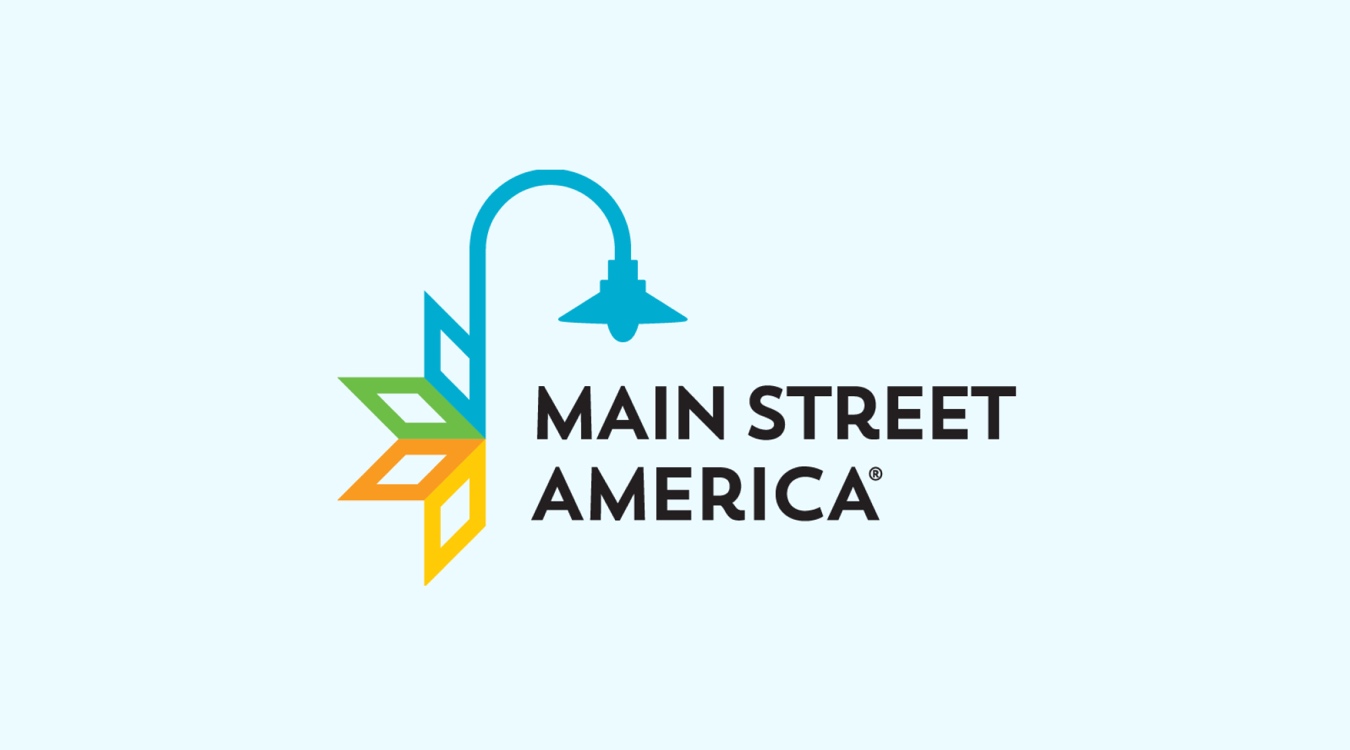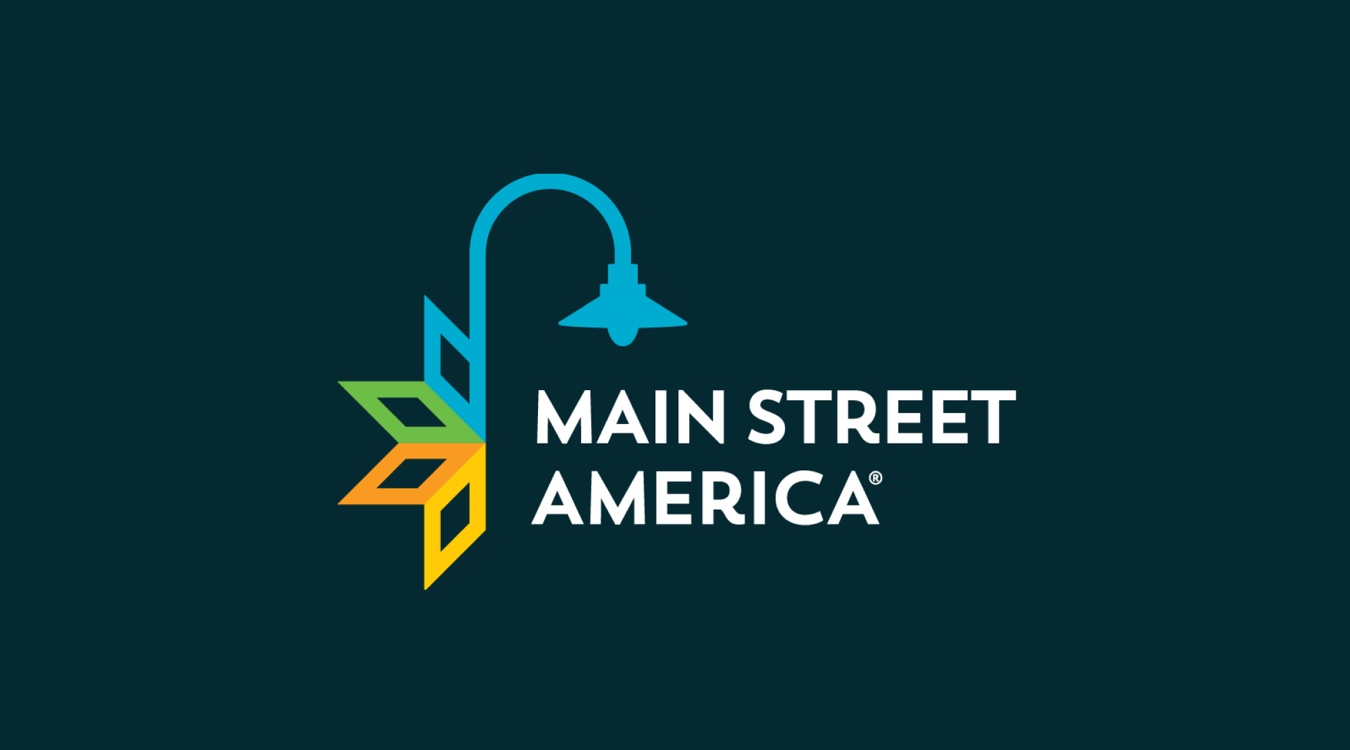Business districts are critical to our nation’s economic vitality, acting as catalysts for entrepreneurship, community hubs, and centers of commerce and civic life. But the growth and development of our business districts, as well as the small businesses within them, depends on the capacity of the local organizations that serve them. Now, new legislation offers a pathway to strengthen local business district organizations, accelerating their efforts to build thriving businesses, create high quality local jobs, and revitalize towns and neighborhoods.
Main Street America (MSA) and Local Initiatives Support Corporation (LISC) are proud to support the Capacity Building for Business Districts Pilot Program, which would create a competitive grant program within the Economic Development Administration (EDA) to support business district organizations in rural and underserved areas through the national nonprofit networks in which they participate.
The Importance of Supporting Local Business Districts
Small businesses are often found clustered in our business districts: neighborhood commercial corridors, Main Streets, downtowns, and other dense concentrations of small business development. Small businesses located in business districts are typically locally-owned, have under 20 employees, and hire locally, creating opportunities to build wealth and sustain a community from the ground up. The importance of these businesses cannot be overstated: research from the Association for Enterprise Opportunity indicates that if one-third of “microbusinesses” hired just one additional employee, unemployment in the country would be eliminated.
Beyond their direct economic impact, small, locally owned businesses create communities where people want to live, work and visit, providing vital spaces for social connection, opening opportunities for new entrepreneurs, and reinvesting back into their neighborhoods. But successful small business ownership in these places requires supportive networks, resources, and a community commitment to their growth. Often, economic development activities focus on resources and incentives to attract large industry, but research indicates that quality of place and customized support for small businesses are more effective strategies to promote economic growth. From rural downtowns to historically disinvested urban areas, creating thriving communities requires a hyperlocal approach.
Business district organizations (BDOs) support the local small business community by advancing solutions throughout the district. Every business district revitalization effort needs a durable local organizational structure with sufficient staffing to develop strategies and execute plans to create place-based support for small businesses. In many communities, and particularly in rural communities, BDOs are the only local economic development entity connecting entrepreneurs to resources, capital, and physical space for business growth. Capacity building for these entities is essential to ensure the success of hyperlocal, place-based economic development efforts. Unfortunately, there is currently no federal program dedicated to supporting business district organizations, with most economic development programs focused on larger, better resourced entities.































